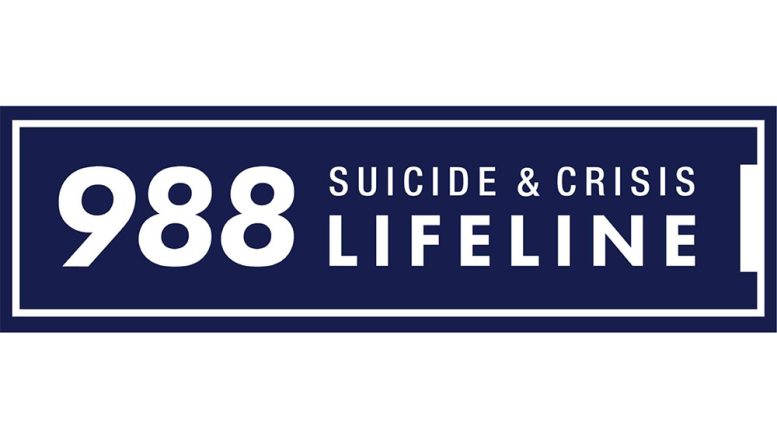By CAMILA FERNANDEZ
WISH-TV | wishtv.com
Indiana is taking strides to help people deal with a mental health crisis, with state leaders working to expand the 24-hour 988 suicide and crisis lifeline.
State leaders are pushing to end suicide by encouraging those in distress to just dial or text 988. Since the launch last year of the shortened lifeline number, they’ve seen up to 3,800 calls per month from Hoosiers in crisis.
“At times you can feel a little bit hopeless as you see the numbers and all of the data increasing and you start to ask yourself what can we do about this,” said Dr. Dan Rusyniak, the chief medical officer of the Indiana Family and Social Services Administration.
The Indiana Family and Social Services Administration (FSSA) says thanks to their five call centers, there’s been an increase in calls answered in the state. They say the sustained in-state answer rate of more than 90 percent since November is nation-leading.
Calls are answered by trained crisis specialists who are available 24/7.
“What we didn’t want to do is to find out that now we’re getting a lot of calls and we can’t answer them, so we have asked and been working closely with all of our centers to staff up in preparation really for what we really fully expect to be an increase in demand, so I think right now we’re in pretty good shape,” Rusyniak said.
The support is available for anyone experiencing thoughts of suicide, mental health, or substance use crisis.
“This is about meeting the individual where they are and ensuring that we support them regardless of what that might look like and ensuring autonomy as well as collaboration to reach the support that they need,” said Kara Biro, the state director of Behavioral Health Crisis Care.
Thanks to the $100 million ($50 million each year in state fiscal year 2024 and 2025) provided through Senate Enrolled Act 1 and the biennium budget, FSSA can work to grow the new system.
Indiana also received $133.6 million in one-time federal funds to begin the development of the state’s crisis system.
State leaders are asking call centers to help them expand their reach and also say there is still a long way to go before they can reach all community members.
“We know there’s a lot of other folks that just don’t know that it is available and so the more that we can collectively do to raise awareness the more that we’ll see calls go up and that’ll actually for a lot of people be a good thing,” Rusyniak said.
“The folks on our frontline here are absolute heroes, and we need to celebrate them as such,” said Jay Chaudhary, the Director of FSSA’s Division of Mental Health and Addiction.

